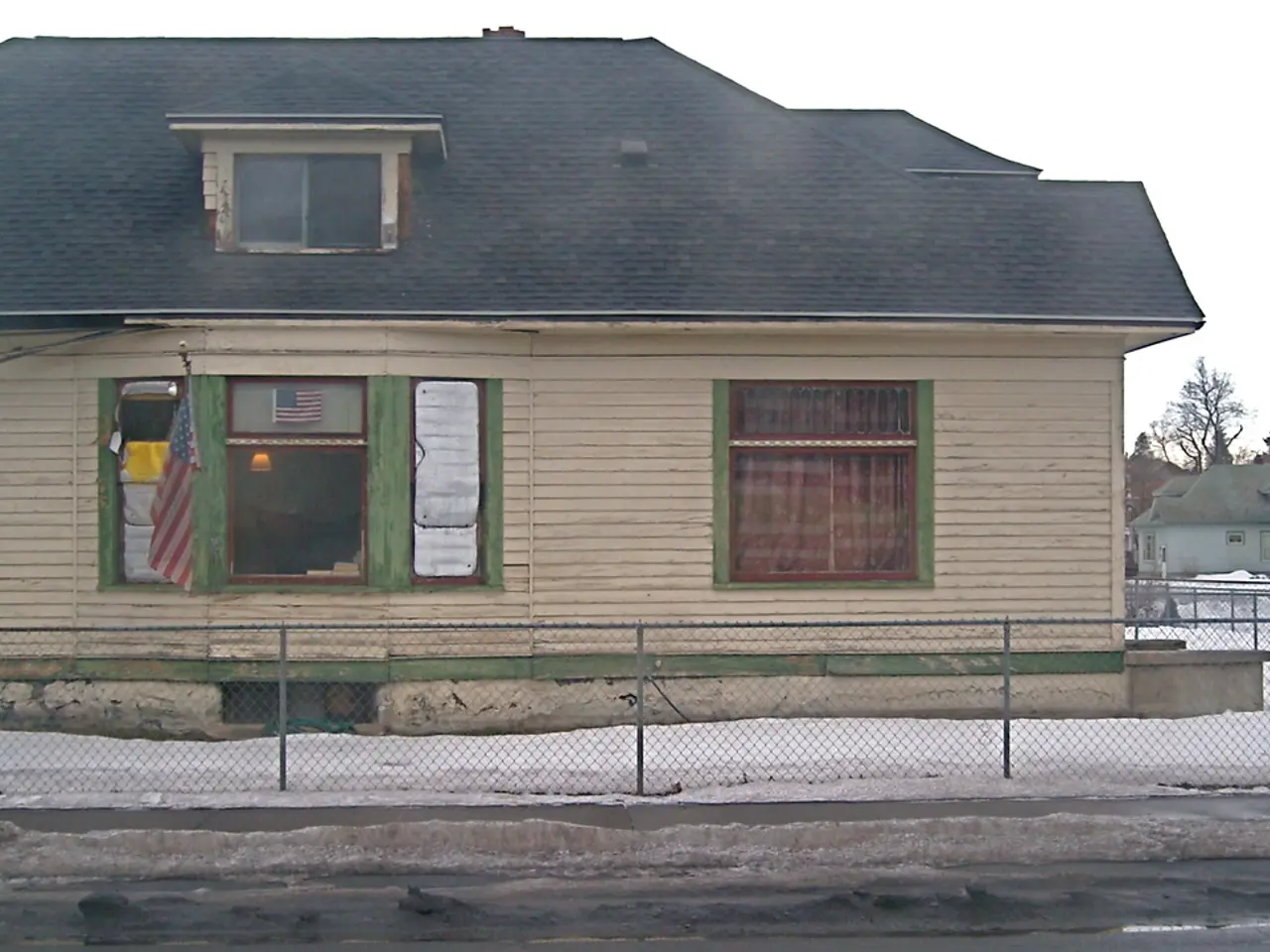Over two million households intend to forgo the use of central heating during the upcoming cold season
In a recent survey of 2,000 UK residents, it was revealed that many households are making changes to their heating habits due to rising energy costs.
The average household thermostat setting has dropped to 18.9°C, a half-degree decrease from last year's 19.4°C. This adjustment is a clear indication of households trying to cut their energy bills.
One in 20 households with younger children have stated they will not be turning the heating on at all this winter. Similarly, one in 10 solo dwellers plan to find alternative methods to keep warm. These statistics highlight the financial strain that high energy prices are causing for some families.
However, the Department for Energy Security and Net Zero is providing assistance. They are investing £13.2 billion to improve up to five million homes over this Parliament, helping families to cut their energy bills for good. Additionally, they are helping over six million households by expanding the £150 Warm Home Discount.
The Energy Saving Trust advises households to turn the heating on when members start to feel cold, especially if anyone in the home is older or has a medical condition. Uswitch, another energy advice provider, recommends checking for fixed energy deals to ensure not paying more than necessary for energy.
Despite these measures, more than half of households cannot afford to warm their home due to rising living costs. This has led to creative solutions, such as Raquel Griffiths, a 56-year-old resident from Llantrisant, South Wales, who has purchased five 1.2kW ceramic heaters to use in individual rooms as needed. This has significantly lowered her heating bill.
Raquel noticed a drop in her energy bills from February and March 2022, after starting to use the heaters. She only heats the room she is using, reducing the need to heat over 60% of her four-bedroom house.
Uswitch also warns against relying solely on individual heaters, as they could potentially lead to unheated rooms becoming damp in winter conditions. Instead, they suggest cutting down draughts, opting for thicker curtains, adding insulation if possible, and using electric blankets as cost-effective ways of staying warm at home.
The survey did not specify the organisation that conducted it. However, it was reported that more than two million households plan to avoid turning on their central heating this winter, while more than three quarters of households are worried about being cold this winter due to high energy prices.
Will Owen, energy spokesman at Uswitch, advises reaching out to energy suppliers for advice and support if struggling to pay energy bills this winter. He also emphasizes the importance of being prepared and planning ahead for the colder months.
It is often reported that people start heating their home once temperatures regularly drop to 15°C and below, which according to the Met Office tends to be around October. With these changes in heating habits and the support from the government, UK households are adapting to the challenging energy landscape.
Read also:
- Shaping India's Economic Progression: Readying the Financial System for Tomorrow
- Two farmers in Zambia take legal action against two firms with Chinese connections, alleging an ecological disaster caused by their operations.
- Deepening EU-India relations despite apprehensions regarding Moscow connections
- Ongoing Transition Towards Cleanliness




